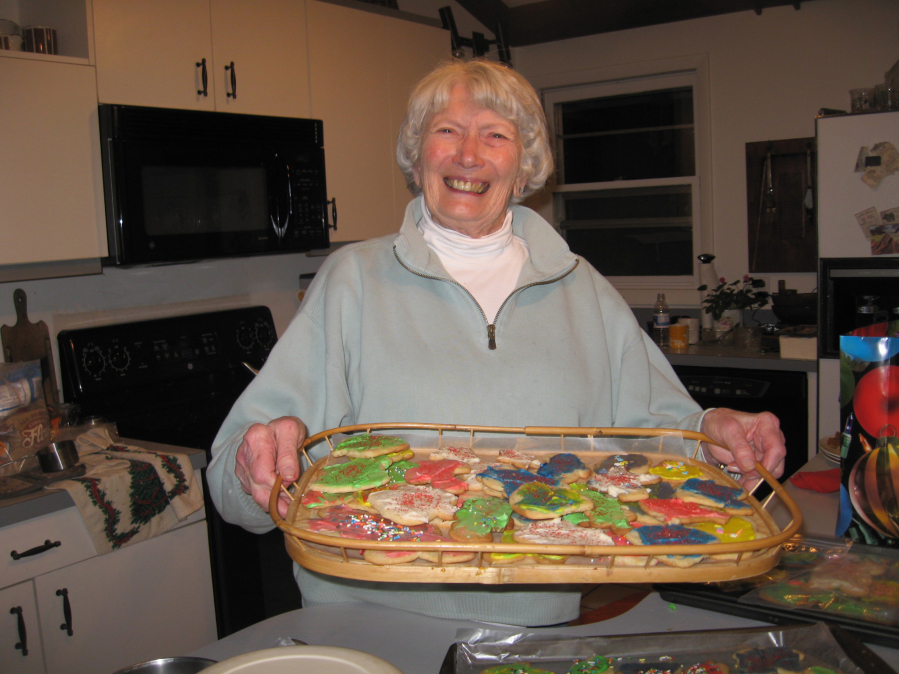By all rights, Fletcher Hall should not be happy.
At 76, the retired trade association manager has endured three heart attacks and eight heart bypass operations. He’s had four stents and a balloon inserted in his heart. He has diabetes, glaucoma, osteoarthritis in both knees and diabetic neuropathy in both legs. He can’t drive. He can’t travel much. He can’t see very well. And his heart condition severely limits his ability to exercise. On a good day, he can walk about 10 yards before needing to rest.
Yet the Brooklandville, Md., resident insists he’s a genuinely happy guy — in part, because he appreciates what he can do.
“There’s no question that as age impinges on your life, you do have ‘black dog’ days,” said Hall. “I fight aging every day. But I never, ever give up. You have to work at keeping happy.”
Hall focuses on the things that bring him joy: writing and listening to music and audiobooks. By juggling those pastimes throughout the day — every day — he ultimately feels a sense of contentment. “Every one of those things requires that I use my mind — which is a good thing.”
Geriatric experts agree that Hall has pretty much figured out the right formula. “You have to be willing to accept your new reality — and move forward,” said Dr. Susan Lehmann, director of the geriatric psychiatry day program at Johns Hopkins University School of Medicine. “Aim to have the best life you can at where you are right now.”
Living with chronic disease often complicates life. The majority of adults 65 and over have multiple chronic conditions that contribute to frailty and disability, according to a 2013-14 report from the Centers for Disease Control and Prevention. The percentage of chronic conditions among people 65 and over has increased over time, too. The percentage of people reporting hypertension, asthma, cancer and diabetes was higher in 2013-14 than in 1997-98, reports the CDC.
Chronic conditions can have a devastating impact on both men and women, according to the CDC report. About 57 percent of women and 55 percent of men age 65 and up reported hypertension. Another 54 percent of women and 43 percent of men reported arthritis. And a full 35 percent of men and 25 percent of women reported dealing with heart disease. At the same time, older women were more likely to report clinically relevant depressive symptoms than were older men. In 2014, 15 percent of women 65 and older reported depressive symptoms, compared with 10 percent of men.
Chronic pain, in fact, more frequently leads to depression than does anxiety, said Dr. Kathleen Franco, associate dean at the Cleveland Clinic Lerner College of Medicine. That depression then leads to additional pain and suffering, she said. “So you have an emotional and physical component.”
One thing often works like magic at keeping depression away: helping others. “Once you start giving to others, you tend not to get stuck in your own aches and pains,” said Franco.
Anne McKinley knows this firsthand. Even at 85, she still volunteers for an aging advocacy group and sits on its board of directors.
McKinley copes with the debilitating effects of lifelong scoliosis. She, too, battles glaucoma, and her visual perception difficulties affect her balance. She’s had both knees replaced and more recently needed emergency surgery for an infection she contracted in the hospital following parathyroid surgery, which also affected her vocal cords.
The Evergreen, Colo., resident said that keeping a very positive attitude — and constantly reaching out to family and friends — keeps her content.



